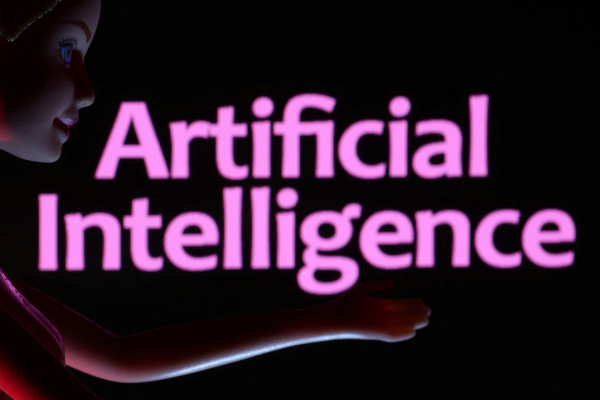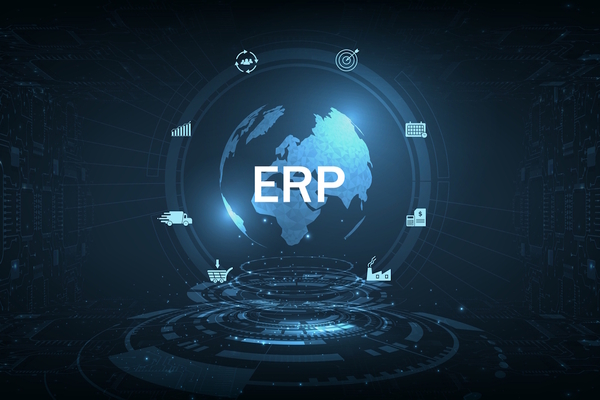Agentic AI: a game-changer for platform engineering

Emilio Salvador at GitLab asks: Is your platform engineering strategy missing agentic AI?
AI is quickly transforming software development. However, much of its current value centres on boosting individual developer productivity. Code assistance is a prime example, offering welcome efficiencies for starting new projects, building out scaffolding, and conquering the initial “blank screen” problem.
However, the true game-changer for software development is utilising agentic AI to realise the potential of platform engineering, helping organisations gain the maximum returns from their investments. This approach can drastically improve code quality, reduce costs, and boost developer productivity.
Platform engineering – meet agentic AI
Many teams have attempted to adopt a platform engineering strategy with tightly integrated tools and processes but have struggled to achieve the full potential of these solutions. Some of the biggest roadblocks are automating manual processes, scaling standardisation roadmaps across teams, maintaining platform components, and navigating tricky and nuanced engineering environments.
Agentic AI is ideally suited for platform engineering. Many critical use cases, such as failure remediation, code review, test generation and coverage, documentation, security policies, network policies, and change management, involve complexities that exceed human cognitive capacity alone.
Code development in enterprise software is highly nuanced and contextual. Languages can have completely different performance challenges. Junior developers may not have enough context to write prompts well. Security and compliance policies may also create unknown challenges. No single platform engineer can fully grasp every security, network, and application-layer issue across all these use cases.
Unlike conventional AI assistants that respond only to direct prompts, agentic AI has full insight into a team’s software development infrastructure and can initiate actions based on triggers and states, making it the ideal complement to platform engineering frameworks.
Implementing agentic AI
Some of the primary considerations leaders should incorporate into their agentic AI platform engineering workflows include:
Compatibility, expandability, and dependability
- How will agents communicate with each other across vendor product domains?
- How will agent “meshes” scale elastically and offer the same level of predictability as microservices in their commission and decommission without hindering performance?
- How will AI agents self-correct when they experience unexpected or unwanted outcomes?
- How will they handle concurrency, multi-threading, eventual consistency, and other reliability and system failure possibilities?
Cyber resilience, compliance management, and operational insight:
- How will existing network policies determine the permissions and restrictions for AI agents?
- How will agents interact with a myriad of data sources?
- How will the ingress and egress of agentic AI data work with existing data governance, security, and privacy policies?
- How will AI agents’ telemetry data be gathered, how will their performance be gauged, and what will remediation look like when they don’t perform as expected?
Developer workflows:
- How will developers change their workflows to integrate with agent-based systems?
How AI agents and platform engineering drive team velocity
A key limitation of existing AI tools is their focus on individual productivity rather than team speed. As AI agents mature, organisations can proactively rely on these tools to infer and apply contexts across teams. These intelligent and adaptable AI agents go beyond fixed interfaces and predefined workflows.
One domain poised for rapid adoption of agentic AI is in “tech mandatory” budget areas that most teams prioritise, such as reducing technical debt, addressing security vulnerabilities, refactoring automation or infrastructure, and modernising legacy applications. These areas share complex contexts and automation challenges that agentic AI can overcome.
For example, teams often create templates to standardise and automate processes at the platform level, such as a CI pipeline. This usually involves significant manual work to identify the correct processes to target—those that are widely used, have repeatable steps, and will have the biggest impact across teams. Agentic AI curtails those manual steps.
Instead of manually identifying processes for standardisation, an agentic system can find all Java-based projects from the past year, analyse their build processes, and identify the best candidates for AI-based automation. The system can then create draft templates the team can customise and build on.
Agentic Mesh is an advanced ecosystem that enables AI agents to discover and collaborate with each other to solve complex challenges in novel ways. These agents can monitor CI jobs, suggest process optimisations, and autonomously implement those recommendations. They can also identify cost-saving opportunities and directly adjust cloud resources based on demand.
Platform engineering has delivered substantial value, but many organisations are reaching the limits of its potential. Agentic AI is the critical missing element to elevate platform engineering by automating complex processes, applying contextual understanding at scale, and finally enabling true team velocity, surpassing the limitations of individual productivity.
Emilio Salvador is VP, Strategy & Developer Relations at GitLab
Main image courtesy of iStockPhoto.com and MF3d

Business Reporter Team
You may also like
Most Viewed
Winston House, 3rd Floor, Units 306-309, 2-4 Dollis Park, London, N3 1HF
23-29 Hendon Lane, London, N3 1RT
020 8349 4363
© 2025, Lyonsdown Limited. Business Reporter® is a registered trademark of Lyonsdown Ltd. VAT registration number: 830519543





